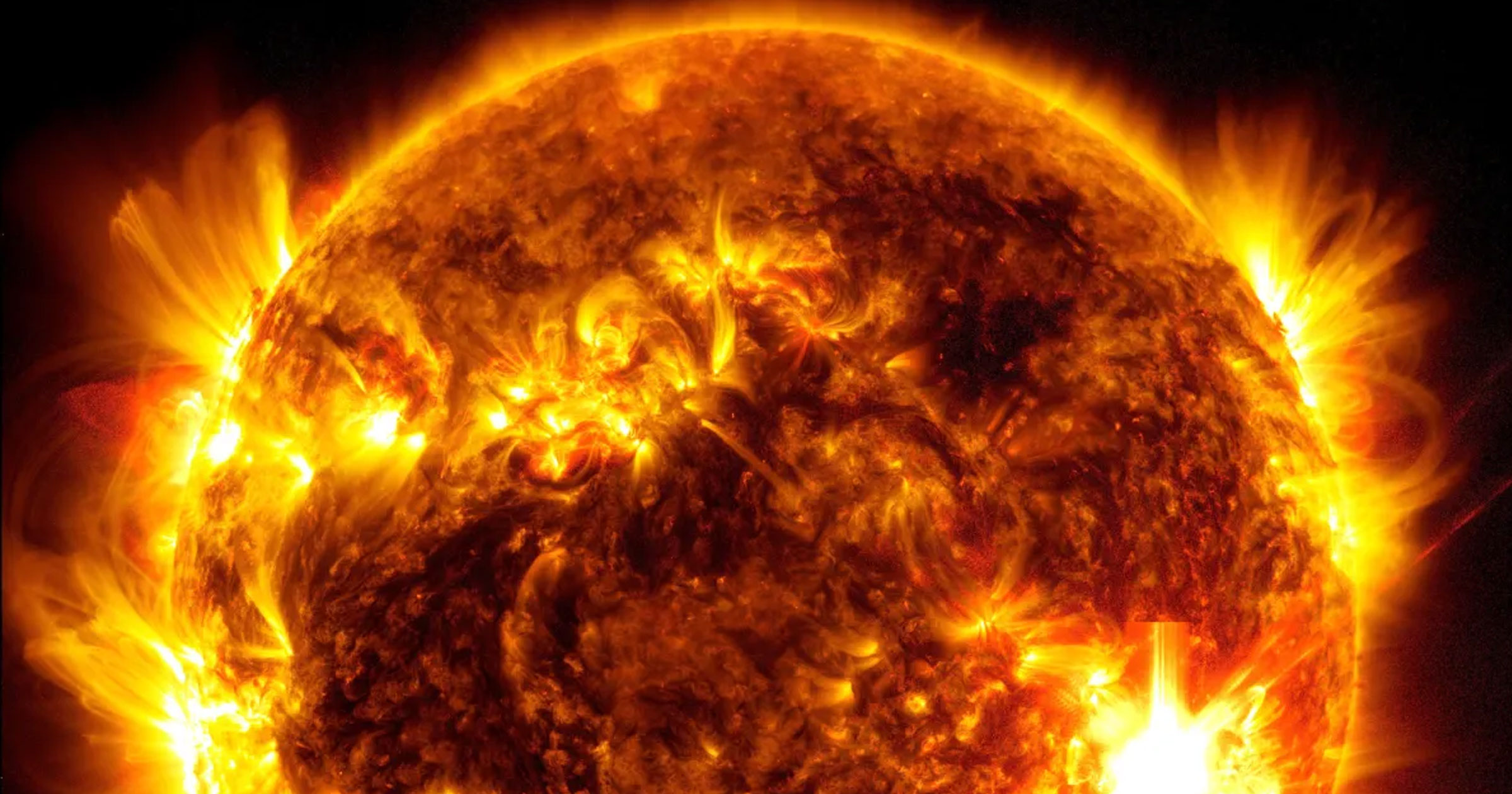Noreen O’Flaherty was 43 when she went to her GP with a bad head cold one Monday to get a sick cert for work and, while she was there, mentioned she was suffering a bit of indigestion and acid reflux.
He referred her to hospital for further tests and, during a physical examination, the doctor asked if she minded him checking “up top”. There he found a breast lump, of which she was unaware.
“That was Tuesday, and on the Thursday I had a mastectomy. Things happened a lot faster then,” she says of her stage-two breast cancer diagnosis and surgery in 2001 in Tralee, Co Kerry. She went back to her public service job work in Newcastle West, Co Limerick, after seven months, having undergone chemotherapy.
[ Cancer survivors to gain access to mortgage protection after years of refusal ]
“All during my illness and treatment I had it in my head, if I can work, I’m well. So I pushed myself a little bit too hard. I remember sitting in the office one of the first days back and thinking, ‘What the hell was that?’ The only reminder I had was my wig – my hair hadn’t come back sufficiently and I didn’t want to be frightening the public.”
In hindsight she can see how she never quite came to terms with the diagnosis. “It happened so fast: I went from being a woman with a head cold to being a patient with cancer in the space of a week.
“I wasn’t kind to myself the way I should have been. If I was tired, I just pushed through it. I developed anxiety – from not dealing with the shock properly. Before that, I was brave and incredibly resilient. I started to develop nervousness and tearfulness, which was something I didn’t have before.”
There are an estimated 200,000 people living in Ireland who have had a cancer diagnosis and treatment, with just over 20,000 new cases diagnosed every year
She was used to rationalising difficult situations but now she was going into “panic mode”. She tried two sessions of counselling but didn’t click with the counsellor and gave it up.
Two years after the mastectomy, in a follow-up appointment, they found a tumour in her lungs and that compounded her anxiety. It turned out to be a benign tumour, but initially “I thought my goose was cooked, that it had metastasised”.
After this she was referred for therapy.
The 65-year-old now recognises that while she had “fantastic” medical care, she was lacking psychosocial support initially. Twenty years later, that is what she is helping to give other people, through being one of 10 “master trainers” in a national cancer survivorship programme.
Leadership by cancer survivors is key to the HSE’s Cancer Thriving and Surviving (CTS) programme, which is being run in 29 centres around the country. It is a free, six-week, self-management course, developed in Stanford University, for people who have finished their primary treatment. There are an estimated 200,000 people living in Ireland who have had a cancer diagnosis and treatment, with just over 20,000 new cases diagnosed every year (excluding those with non-melanoma skin cancer).
:quality(70)/cloudfront-eu-central-1.images.arcpublishing.com/irishtimes/TFQAKXACBZDC7JSHD5MS7GWOKQ.jpg)
After surviving cancer there’s an expectation of relentless positivity “and that’s often not how a person feels, nor should they have to”, says Louise Mullen, survivorship lead with the National Cancer Care Programme (NCCP). “The period of active treatment is very busy and they have wraparound support. When primary treatment is over they don’t have it any more and have a sense of isolation and loss.
“They can’t imagine that they were going to feel that way when the cancer was gone. They feel they should be happy and ready to resume life.”
The period after active treatment – that is, surgery and chemotherapy or radiation – is a transitional phase, she adds. “People are trying to process what happened and need to find some resilience or resource within themselves to move forward.”
This is where the CTS programme comes in. The NCCP has been rolling it out since 2018, and more than 1,000 cancer survivors have participated so far.
Men don’t know what’s good for them. Women seek groups and companionship for support, while men … I don’t know what they do
— Michael Nowlan
Double cancer survivor Michael Nowlan (74) was also among the first leaders to be trained to deliver CTS. Like Noreen O’Flaherty, he can see it was the type of support that would have helped him after emerging from treatment for both non-Hodgkin lymphoma and bowel cancer. Due to “pure bad luck”, he received twin diagnoses within a fortnight of each other in April 2011. He had retired four years previously, after spending much of his working life in IT services in Trinity College Dublin.
After colon surgery and undergoing two different types of chemotherapy over a year for the two cancers, he was “kind of elated” to finish treatment. He reckoned he must be feeling better. But he wasn’t.
“I had been warned about this down but I didn’t realise its effect on me. I was just so frustrated with my body, that it wasn’t getting better. Every day I was saying ‘I should be back to normal’ and I wasn’t. In retrospect it wasn’t sensible but that is the way I felt.”
:quality(70)/cloudfront-eu-central-1.images.arcpublishing.com/irishtimes/A54RWX4VU5E5LD2U3VSQ4QWQIA.jpg)
He went for counselling in the Arc cancer support centre on South Circular Road, Dublin, “and that sorted me out really well, just the understanding. If you’re not in that terrible club, people don’t understand.” That’s what makes the CTS course great, he says “because almost everybody has been there – you can talk about anything and people understand”.
However, he admits that when he first went to be trained as a CTS leader, he was “aghast” at how formalised the programme was. “I just felt it was too rigid – until I gave the first course and saw the benefit to the people to sticking to the course.” It’s an evidence-backed programme that needs to be delivered as prescribed for quality control. He says he was assessed on delivery last October “and picked up on things which should be better, which is great”.
The CTS programme is always led by two people, at least one of whom must be a cancer survivor, while the other can be a health professional. Nowlan’s co-leader, Billy Mc Cann, is also a double cancer survivor. They would both strongly encourage other men who have had cancer treatment to avail of the CTS programme. Only about 25 per cent of participants nationally are men.
“Men don’t know what’s good for them,” says Nowlan, who has delivered the course in the Arc, in Beaumont Hospital and in St Luke’s, Rathgar. “Women seek groups and companionship for support, while men … I don’t know what they do.” He co-leads two or three programmes in a year.
“They are fairly intense and you certainly get affected by it.”
The peer leaders share their own experiences with the attendees. “Playing back those years is an emotional time. One of the things the book says is always to have tissues at hand – and it’s not only for the attendees. It’s easy to tear up when either you are saying something or somebody else is reminding you of something.”
The organisers look to have between eight and 14 people in a group. “The 12 mark would be the sweet spot because the programme is very interactive,” says O’Flaherty. “There is a lot of pairing and sharing and there’s brain-storming.” They want to give everybody the chance to have their say and if the group is too big, people tend to get lost, but if it’s too small, there is too much pressure on people to contribute.
Eighteen topics are covered over the six weeks, giving people ideas on how to handle challenges such as fatigue, sleep or dealing with medical people. A 20-minute coffee break in the middle of each week’s session enables participants to chat informally.
“There’s a feeling of safety in the group,” says Nowlan. “Anyone can say anything. Nothing is stupid. Anything they say there will be empathy in the group for.”
[ More than 50% rise in cancer survivors in Ireland in a decade ]
Peer interaction and goal setting are the most popular features of the CTS programme, says Mullen, and participants tend to bond strongly, often continuing to stay in touch afterwards. When Covid hit, she was doubtful that online delivery of the programme would work, but now it is a popular option, particularly for people who live in rural areas or who have young families.
The NCCP is growing the programme all the time and Mullen believes they are keeping pace with demand. “We want to make it available for people so they have an option of taking it up. It’s true that not everybody will want to take it up and also not everybody needs it. We want to make sure people know about it and, if they are attracted to it, it’s easy for them to find a course to do.”
New leaders will be trained in October and that involves attending a couple of two-day courses as well as a half-day online to prepare for delivering it remotely. Leaders get “generous expenses”, says Mullen and, while the NCCP is looking at increasing renumeration, they don’t want to lose the volunteer-led ethos of so much community-based cancer support.
Survivors are encouraged to do CTS locally as they will be linked in with other community supports that they can avail of afterwards. The self-empowerment fostered by the programme is important not only for the individual but also for the health service.
“People who are in cancer survivorship can’t be coming back into the system because those spaces are needed for people who are newly diagnosed,” says Mullen. “Neither is it appropriate; it’s not how you help people.”
More information on Cancer Thriving and Surviving and the programmes starting in September and October can be found at hse.ie
Surviving prostate cancer: ‘There is always uncertainty but I don’t dwell on it too much’
:quality(70)/cloudfront-eu-central-1.images.arcpublishing.com/irishtimes/VQV5366LPVHFTG5YVBSVQWBFSM.png)
Paul Power found out he had prostate cancer after going for a routine medical check-up that was offered every two years at his workplace.
He had no symptoms so he reckons if it had not been for his employers, Glanbia/Tirlán in Kilkenny, he would not have got his prostate-specific antigen (PSA) level checked. The result indicated a need for further investigation and, after initially being treated for a possible infection, a tumour was discovered in the prostate.
“After a lot of consultation I decided I would go for having it [the prostate] out.” He had the surgery in the Mater hospital, Dublin, in May 2016, aged 53. “I was told there was a 95-100 per cent chance they would get it all.”
However, two years later his PSA level was up again, and he was advised to have radiation, on the assumption that cancer cells were beginning to redevelop in the prostate area. While his PSA reading dropped slightly, it was up again in 2020 and cancer lesions were discovered on the side of his pelvis.
“I had 20 sessions in Cork of high-density radiation, and I was quite sick with that,” says Power (60), who lives in Kilmeaden, Co Waterford. But after that his PSA level went right down and he continues to be tested every six months.
“There is always uncertainty but I don’t dwell on it too much.” He had a lot of time to reflect on life when he was in the Mater and decided, with his two daughters now independent adults, to reduce his work to three days a week. “The company has been exceptionally good to me.”
Whereas females would talk to females about their issues. In the male-dominated world, the male tends to keep it to himself
— Paul Power
Power is also now involved in voluntary work at the Solas cancer support centre, which operates both in Waterford city and along the coast in Dungarvan. He knew the manager, Tracy McDaid, and she had encouraged him to avail of services there. Keen to give back, he trained as a leader in the Cancer Thriving and Surviving (CTS) programme. This is a six-week self-management course that is offered free under the National Cancer Care Programme to anybody who has completed their primary treatment after a cancer diagnosis.
Solas is one of 29 centres around the country where the CTS is run, and Power says it is amazing to see the difference it makes to participants over the six weeks. He is particularly keen to encourage fellow male survivors to avail of such supports, as they tend to be “slow to engage”. Why does he think that is? “It could be that ‘male thing’, whereas females would talk to females about their issues. In the male-dominated world, the male tends to keep it to himself.”
This October, Solas is celebrating the 15th year of its Run and Walk for Life events to raise funds. Registration is now open on solascentre.ie for the 10k run and walk in Dungarvan on Saturday, October 14th, and the same again on October 15th in Waterford city, with 11am start times for both.
This year a 5k walk has been added to both the Waterford and Dungarvan events, to encourage families to take part in tandem with the 10k routes. A virtual option is also available and workplaces are encouraged to #GoOrangeForSolas.





